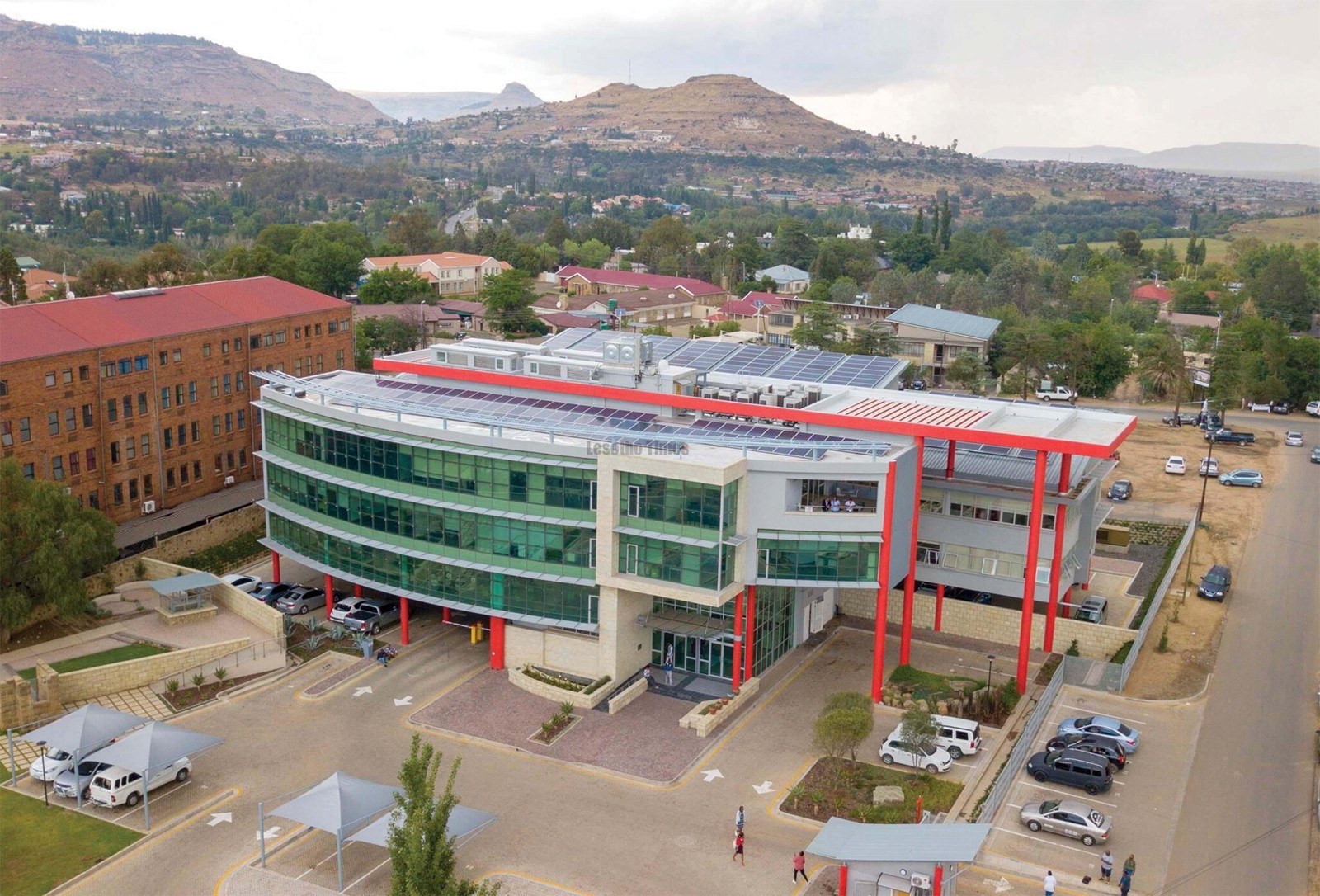Metolong community cries over abandoned clinic

SHARE THIS PAGE!
A clinic at Metolong Dam in Maseru rural has been lying idle for the past 14 years, due to bureaucratic bungling and poor government communication, leaving thousands of residents having to walk over 8km to access basic healthcare services.
The worried villagers said it is a major challengefor the severely sick and vulnerable such as theelders and pregnant women to get to the nearest health centres, especially at night and in bad weather.
They said despite cries for help since 2011 when the facility closed shop after the completion of construction works at the dam, it has remainedclosed and turned into a white elephant.
Metolong Dam is a crucial water supply project designed to provide clean water to the capital city, Maseru, and surrounding areas. Commenced in 2008, completed in 2014 and officially handed over in 2015, the dam is a significant infrastructure development aimed at addressing the water needs of the local population. It serves approximately 800,000 people, enhancing water security and supporting the region’s economic and social development. The dam’s construction was part of a broader effort to improve water resources management and infrastructure in Lesotho, reflecting the country’s commitment to meeting the needs of its growing population.
The villagers have once again called on the government to repurpose the centre, which was built by the then Ministry of Water, now the Ministry of Natural Resources.
Sources told theReporter this week that the ministry ‘abandoned’ the clinic when it completed the construction of Metolong Dam.
More than 8000 people who live in the villages of Ha Seeiso, Ha Sekantši, Ha Maimane, Ha Matjeke, Ha Masopha, Thota-Moli, Ha Makhele, Nkukumuhi, Ha Rabotsoa, Ha Tlele, Ha Kapa, Ha Mosotho, Ha Mofammere, Ha Chere and Ha Makhabane would benefit from its re-opening.
The Member of Parliament for Machache Constituency, Motheo Ralitapole, has criticised the Ministry of Water of failing to hand over the completed health clinic to the Ministry of Health, despite their promise years ago.
He said the delay has left the community without access to essential healthcare services.
Ralitapole also noted that the once fully furnished clinic has been vandalised over the years, with bedding and equipment stolen.
People with inside knowledge and guidance could be behind this theft, he charged.
“This wastes public resources and undermines efforts to provide essential healthcare services to the community, the MP said.
Ralitapole suspects that the Ministry of Natural Resources has been employing delay tactics, having made multiple visits to assess the infrastructure with promises of improve outcomes,but ultimately failing to deliver.
This erodes the community’s trust and leaves them hopeless.
“We have had officials from the Ministry of Natural Resources visit multiple times and making promises (to reopen the clinic), but nothing has happened. It has all been empty promises. The community has lost hope and I believe there are deliberate delays from the Ministry of Water,” Ralitapole said.
He stated that while international standards recommend that communities should not have to walk more than 5km to access healthcare services, communities in Metolong area walk about 8km.
According to the 2022 voter’s roll, more than 5,000 elderly persons in this area face significant challenges in accessing healthcare services due to the long distances to facilities, Ralitapole said.
The re-opening of the clinic would also provide much-needed relief to villagers and improve overall healthcare outcomes in the area, health workers say.
A village health worker at Bethany Clinic, about 8km away, lamented that the absence of a health centre at Metolong, saying this significantly complicates their work.
‘Makhothatso Lejone said they were forced to refer patients to distant facilities and this impacted on the provision of timely medical care to the community.
She stated that the closure of the clinic haspotential to severely affect Lesotho’s goal to achieve zero maternal and child deaths.
“We urge women to deliver in health facilities but the reality is on the ground if that some are forced to travel long distances for basic care. This is unacceptable and puts their lives at risk,” she said, adding that this was counterproductive to their efforts to save lives.
Lejone cited the example of communities from Ha Maimana, who trek for over four hours to reach Ha Matholoana, the nearest health facility.
“It’s heart breaking to see our people, especially the elderly and children, undertaking such a long and arduous journey to receive medical care.”
Lejone said in view of this, village health workers, try to provide basic services such as administering vaccinations, monitoring blood pressure, providing first aid, and distributing medication to patients with chronic conditions.
However, for more complex services that require a fully equipped health facility, such as laboratory tests, maternal care, or emergency surgeries, they are forced to refer patients to distant facilities.
Lejone highlighted the desperation and frustration felt by the village health workers, who are trying to make a difference despite the systemic challenges they face.
“Sometimes we shout at patients for not going for check-ups, but deep down, we know the crisis they’re living in. They’re struggling to access basic healthcare, and it’s heart breaking to see them suffer when we know we could make a difference with the right resources,” she pointed out.
A villager from Ha Seeiso, Leluma Moshoeshoe, said they struggle to get to health centres, especially at night or during bad weather.
“We travel as far as Ha ‘Matholoana in Berea district,” she bemoaned.
She added: “Sometimes we wait for hours at the clinic, and by the time we get back home, it is already late. This is more challenging to vulnerable people. We are worried about their safety and health. We need a health facility nearby to make life easier for us.”
Moshoeshoe urged the government to prioritise healthcare as a fundamental human right, rather than a privilege, and to take concrete steps to address the systemic challenges facing rural communities.
Information officer in the Ministry of Natural Resources, ‘Makananelo Motseko acknowledged the community’s concerns but pointed out that they had not received a formal request from the Ministry of Health, requesting use of the clinic.
“We are aware of the community’s pleas regarding the infrastructure, but procedurally, the Ministry of Health should request for the facility through a letter when they identify a need. That has not happened,” Motseko indicated.
No comment could be obtained from the Ministry of Health by the time of going for printing.
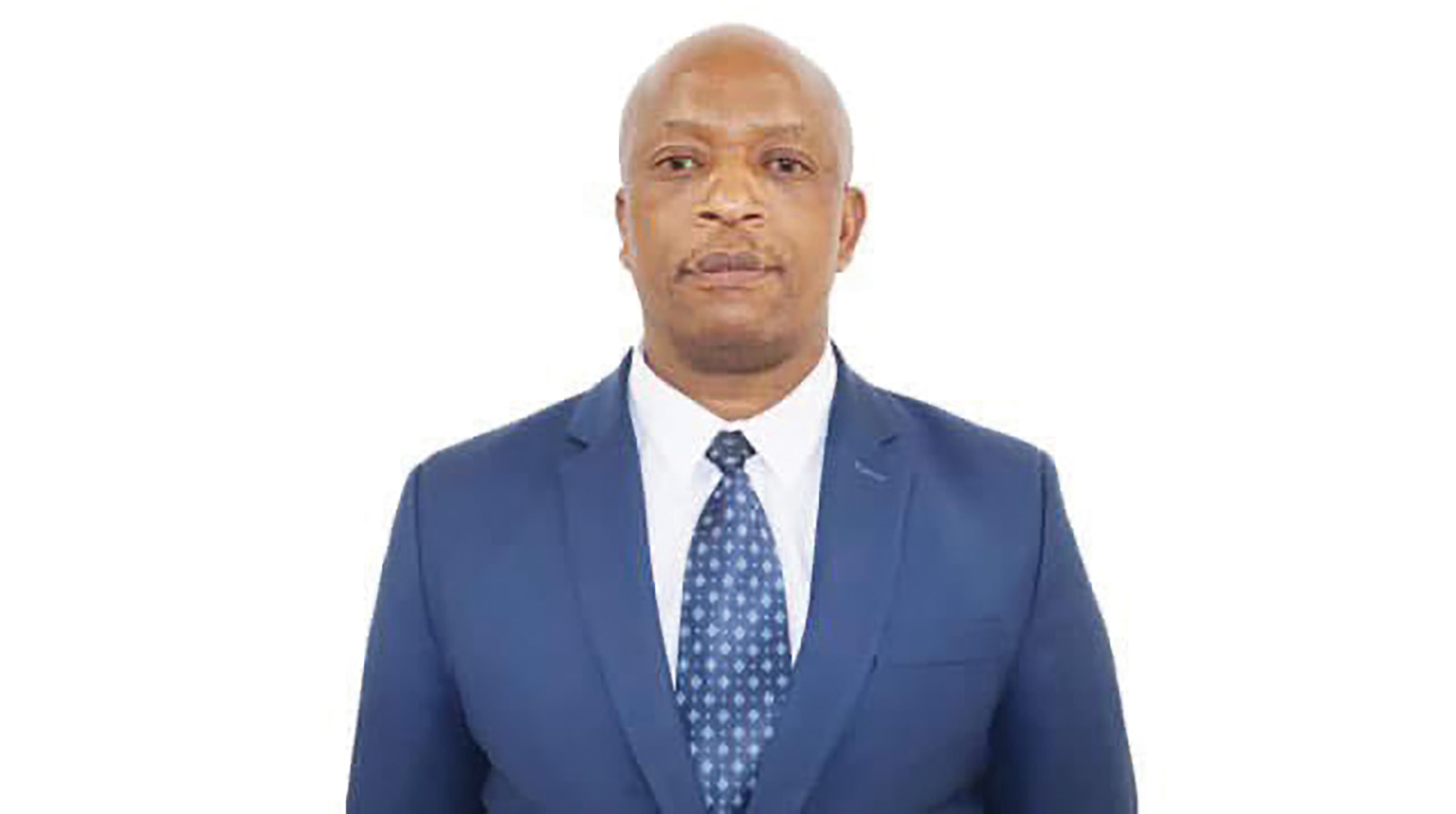
High Court to rule on Lipholo bail bid
9 days ago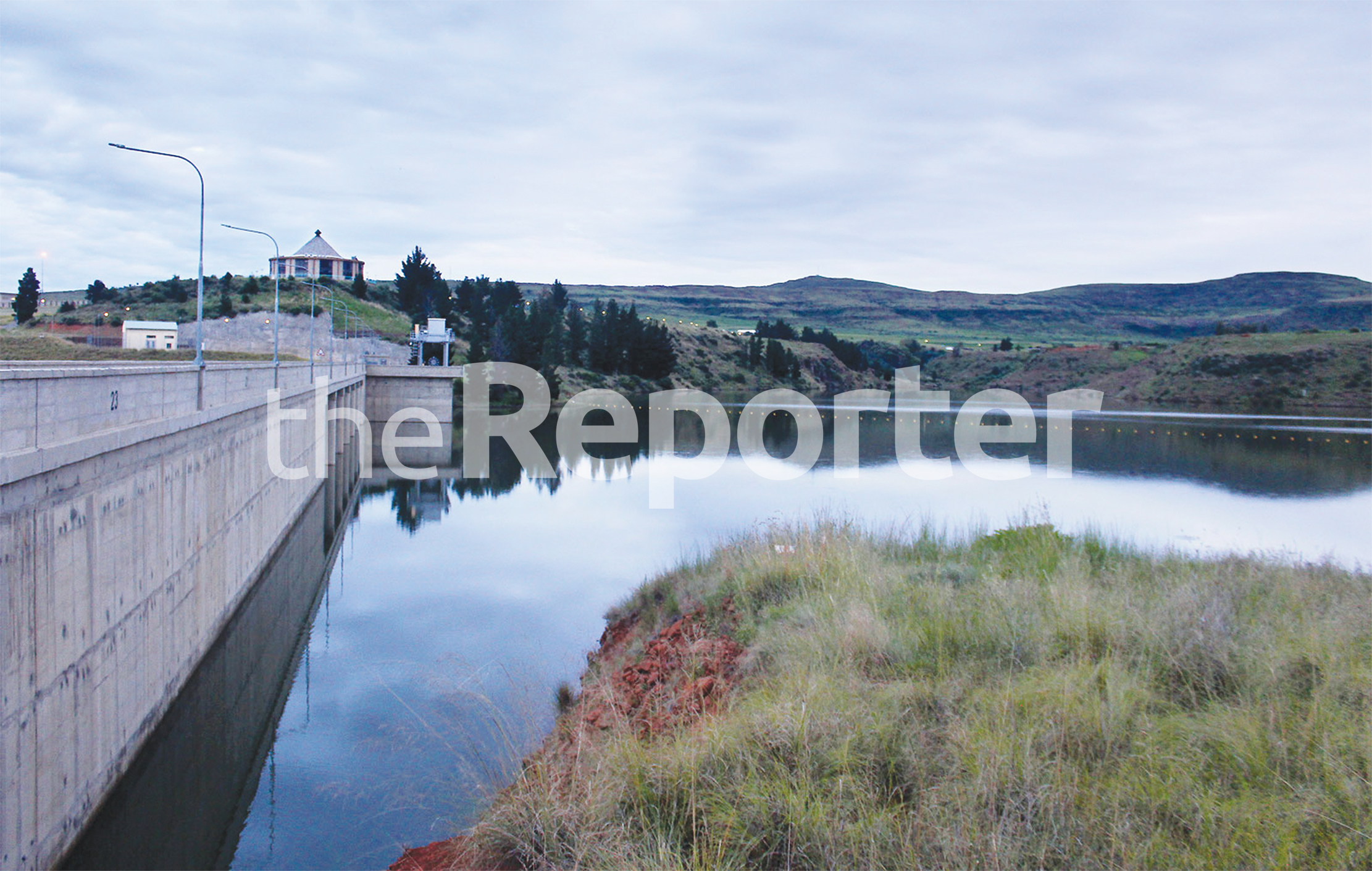
Metolong community cries over abandoned clinic
10 days ago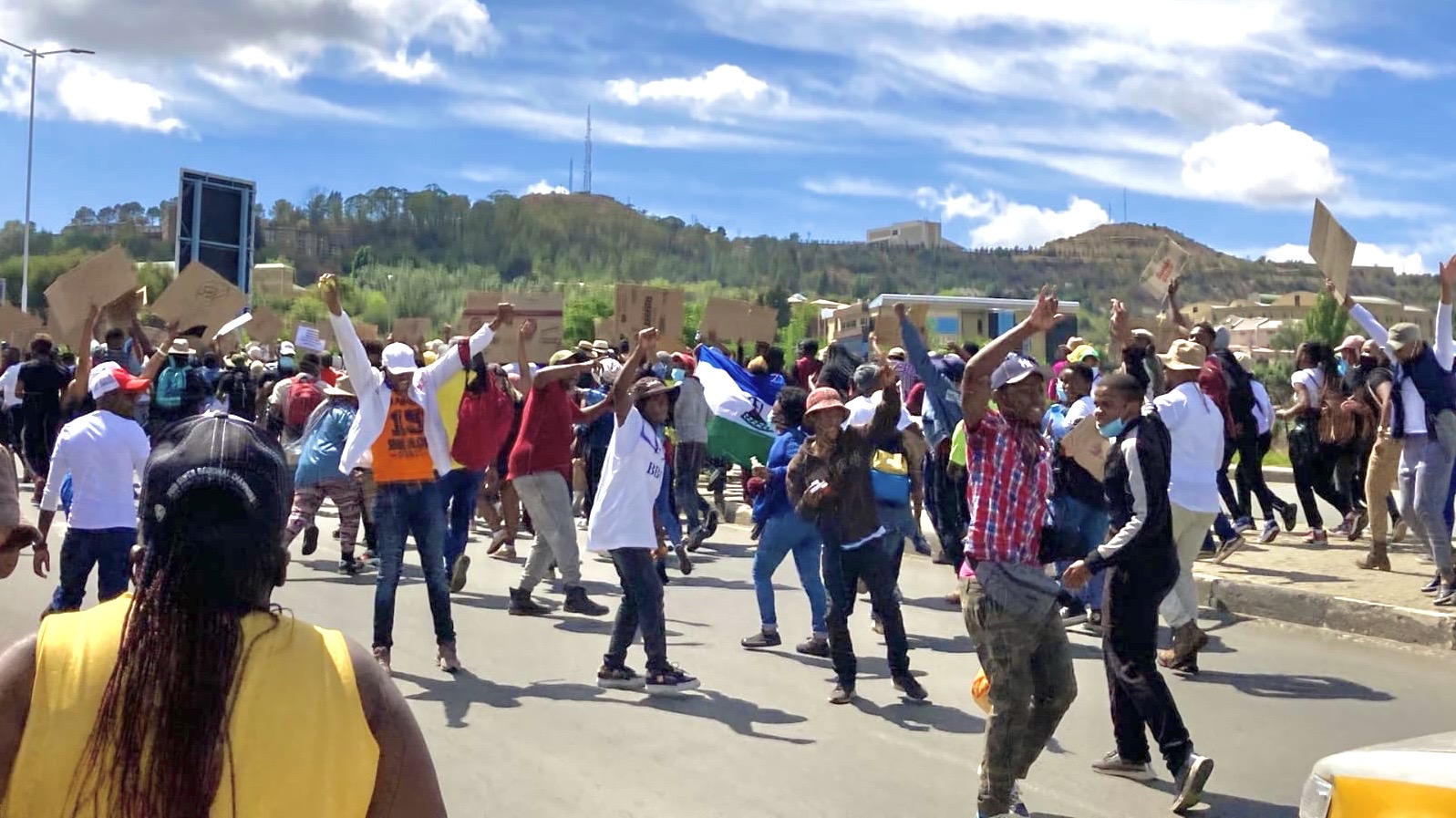
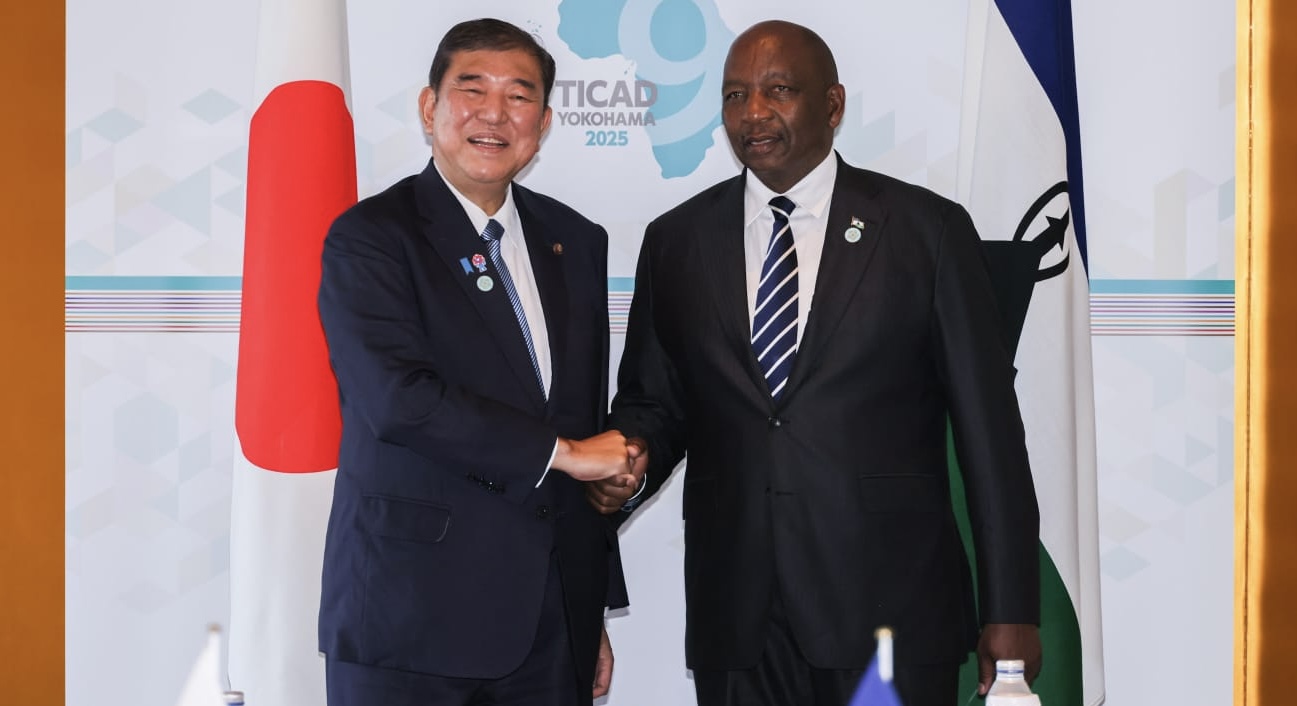
Lesotho, Japan to strengthen bilateral relations
12 days ago
US restores HIV lifeline to Lesotho
14 days ago

RSL, LNDC promote tax compliance
16 days ago
Tshiamiso wraps up Lesotho outreach
16 days ago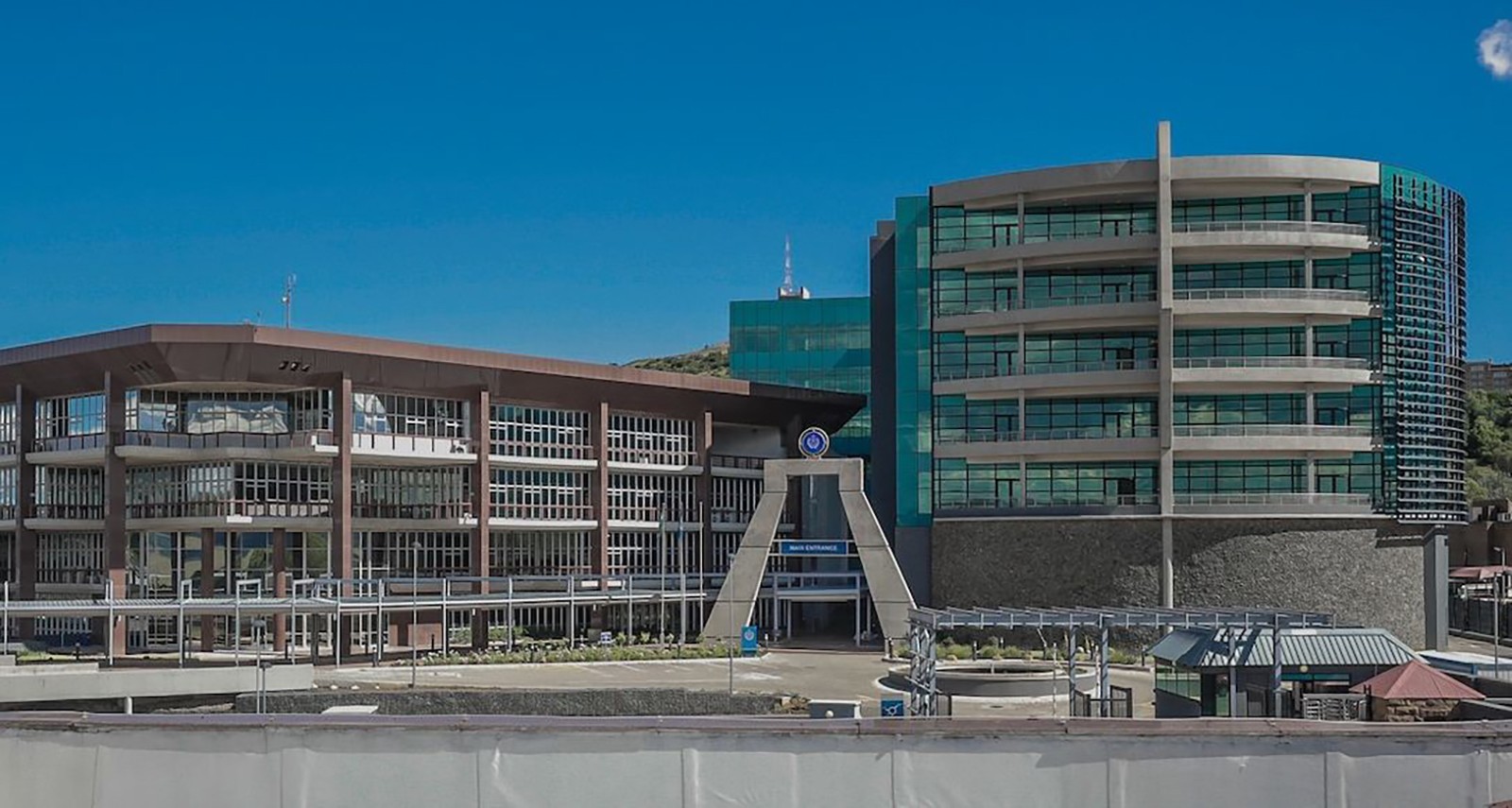
External risks threaten economic recovery – CBL
22 days ago